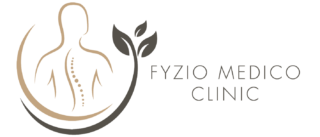Zdravý pohyb začíná už v dětství – pomáháme dětem růst bez bolesti.
FYZIOTERAPIE PRO DĚTI A DOSPÍVAJÍCÍ
Každé dítě je jedinečné a stejně tak i jeho vývoj. Ať už řešíme vadné držení těla, bolest zad, potíže po úrazu nebo přetížení ze sportu, fyzioterapie je klíčem ke zdravému a harmonickému růstu. Pomáháme dětem od předškolního věku až po období dospívání rozvíjet správné pohybové návyky, předcházet potížím a aktivně řešit problémy pohybového aparátu. Spolupracujeme s dětmi hravou a vstřícnou formou, v bezpečném a motivujícím prostředí.
PREVENCE I ŘEŠENÍ POTÍŽÍ
Pomáháme s držením těla, skoliózou, plochonožím nebo poúrazovými stavy – od dětství až do puberty.
INDIVIDUÁLNÍ PŘÍSTUP K DÍTĚTI
Každé dítě je jiné. Terapie přizpůsobujeme nejen věku, ale i temperamentu a potřebám dítěte i rodičů.
KOMPENZACE SPORTOVNÍ ZÁTĚŽE
U malých sportovců pomáháme vyrovnávat přetížení a předcházet přetěžujícím syndromům – zdraví je vždy na prvním místě.
ODBORNÉ ZÁZEMÍ A PŘÁTELSKÉ PROSTŘEDÍ
Naše klinika je přizpůsobená dětem – kombinujeme hravost a odbornost, aby se u nás cítily dobře a bezpečně.

VADNÉ DRŽENÍ TĚLA A SKOLIÓZA
Jedním z nejčastějších důvodů, proč rodiče přichází s dítětem na fyzioterapii, je nesprávné držení těla nebo skolióza. Včasná korekce těchto problémů může zásadně ovlivnit vývoj pohybového aparátu a kvalitu života dítěte.
Vhodná při:
-
Kulatá záda, prohnutí v bedrech
-
Skolióza nebo podezření na ni
-
Vytočená ramena, asymetrie trupu
-
Odstávající lopatky
-
Předsunutá hlava, nevyvážené držení těla
VADNÉ DRŽENÍ TĚLA A SKOLIÓZA
Jedním z nejčastějších důvodů, proč rodiče přichází s dítětem na fyzioterapii, je nesprávné držení těla nebo skolióza. Včasná korekce těchto problémů může zásadně ovlivnit vývoj pohybového aparátu a kvalitu života dítěte.
Vhodná při:
-
Kulatá záda, prohnutí v bedrech
-
Skolióza nebo podezření na ni
-
Vytočená ramena, asymetrie trupu
-
Odstávající lopatky
-
Předsunutá hlava, nevyvážené držení těla


SPORTOVNÍ PŘETÍŽENÍ A POÚRAZOVÁ PÉČE
Malí i dospívající sportovci často čelí jednostrannému přetížení nebo drobným poraněním. Fyzioterapie pomáhá tělo regenerovat a předcházet zraněním díky kompenzačním cvičením a zlepšení stability.
Vhodná při:
-
Přetížení z vrcholového nebo častého sportování
-
Bolesti kolen, ramen, kyčlí
-
Zranění (natažení, naražení, zlomeniny)
-
Poúrazová nebo pooperační rehabilitace
-
Nutnost znovu nastavit pohybové stereotypy
TÉMATA
| TERAPEUTICKÁ TÉMATA |
|---|
| Vadné držení těla |
| Skolióza |
| Ploskonozí a vbočené kotníky |
| Vtačení špiček, nohy do X |
| Bolesti zad, kolen, ramen |
| Hypermobilita |
| Poúrazová fyzioterapie (zlomeniny, natažení) |
| Poruchy koordinace a rovnováhy |
| Neochota k pohybu, slabé břišní a zádové svaly |
| Rehabilitace po operaci menisku nebo kolene |
| Kompenzace sportovní zátěže |
| Bolesti hlavy způsobené napětím svalů |
| Ztuhlé šlachy, bolestivost při růstu |
| Fyzioterapie při neurologických diagnózách (dysfázie, hypotonie aj.) |
| TERAPEUTICKÁ TÉMATA | ||
|---|---|---|
| Vadné držení těla | Poruchy koordinace a rovnováhy | |
| Skolióza | Neochota k pohybu, slabé břišní a zádové svaly | |
| Ploskonozí a vbočené kotníky | Rehabilitace po operaci menisku nebo kolene | |
| Vtačení špiček, nohy do X | Kompenzace sportovní zátěže | |
| Bolesti zad, kolen, ramen | Bolesti hlavy způsobené napětím svalů | |
| Hypermobilita | Ztuhlé šlachy, bolestivost při růstu | |
| Poúrazová fyzioterapie (zlomeniny, natažení) | Fyzioterapie při neurologických diagnózách (dysfázie, hypotonie aj.) |
PROČ SI ZVOLIT NAŠE SLUŽBY?
-
Odborníci na dětskou fyzioterapii
-
Přístup přizpůsobený věku i typu osobnosti dítěte
-
Hravé, ale účinné metody práce s tělem
-
Spolupráce s rodiči a edukace pro domácí péči
-
Pomáháme i malým sportovcům s prevencí zranění
-
Možnost terapie bez doporučení lékaře
-
Bezpečné a klidné prostředí vhodné pro děti
-
Individuální rehabilitační plán včetně domácího cvičení
-
Kombinujeme osvědčené terapeutické koncepty (DNS, ACT, Bobath)
CENÍK
| Služba | Délka | Cena |
|---|---|---|
| Fyzioterapie dětí – vstupní vyšetření | 50 min. | 1390 Kč |
| Fyzioterapie dětí | 50 min. | 1390 Kč |
| Fyzioterapie dětí | 30 minutes. | 890 Kč |
| Fyziopohotovost pro děti do 24h od objednání | 50 min. | 1590 Kč |
Objednejte se na přesný čas online
OPENING HOURS
Mon - Fri
07:00-20:00
Sat - Sun
by appointment
We accept credit cards
CONTACTS
FYZIO MEDICO CLINIC s.r.o.
Marie Cibulkové 15, PRAGUE 4 - NUSLE near the metro station Pražského povstání and Vyšehrad on line C ID: 19475969

